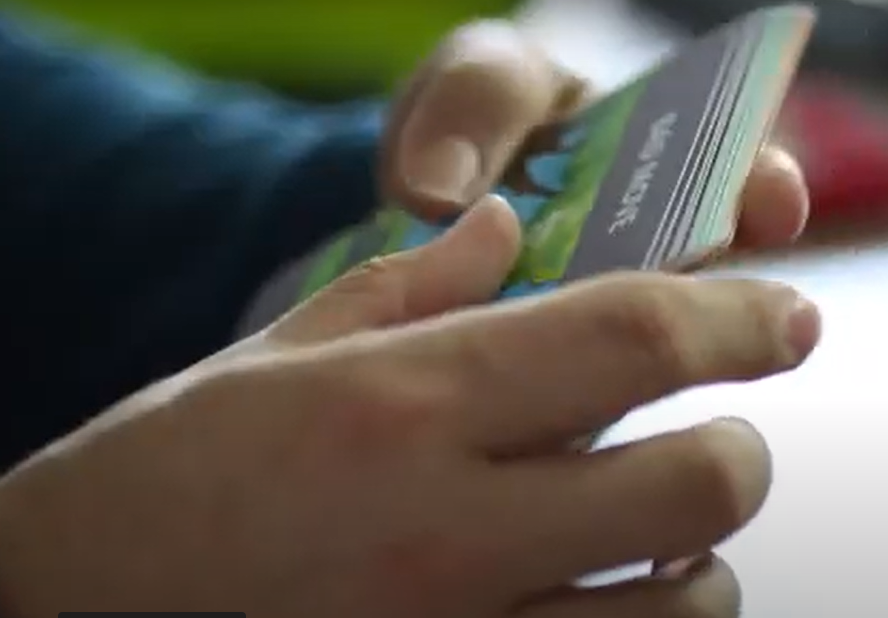The Friendship Cards
This article presents a simple set of cards that are useful to prevent conflicts and to manage them in a peaceful way at school. By playing with the cards children and teens begin to understand that when you make some kind of choices (bad moves) the conflict will get bigger, while when you make others (good moves) the conflict can be settled in an amicable way.
The tool creates a safe space for students to discuss and share what they are experiencing in their life, inside and outside school. The teacher will become a facilitator of learning: s/he does not seek to solve the conflict herself/himself, but empowers the student; will become a guidance that does not impose his ideas, but facilitates the session between peers. The emphasis is to create a context where the children feel safe to play, share and learn: in this way the children develop a sense of ownership of the problem and the solution of quarrels and conflicts.
Read the full article here.
Questo articolo presenta un set di carte utili per prevenire i conflitti e gestirli in modo pacifico a scuola. Giocando con le carte, i bambini e gli adolescenti iniziano a capire che quando si fanno alcune scelte (mosse sbagliate) il conflitto aumenta, mentre quando se ne fanno altre (mosse giuste) il conflitto può essere risolto in modo amichevole.
Lo strumento crea uno spazio sicuro in cui gli studenti possono discutere e condividere ciò che stanno vivendo nella loro vita, dentro e fuori la scuola. L’insegnante diventerà un facilitatore dell’apprendimento: non cercherà di risolvere il conflitto da solo, ma darà potere allo studente; diventerà una guida che non impone le sue idee, ma facilita la sessione tra pari. L’accento è posto sulla creazione di un contesto in cui i bambini si sentano sicuri di giocare, condividere e imparare: in questo modo i bambini sviluppano un senso di appartenenza al problema e alla soluzione di liti e conflitti.
L’articolo è disponibile a questo link.
EIP Laboratory Team administrator
The Education Inspiring Peace Laboratory team is composed of contributors seconded by the different institutional members of the association and its individual members. If you are interested in joining the Lab and contributing to its activities as an institution, an expert or an educational practitioner, contact us at sanremo@eiplab.eu.



About the author